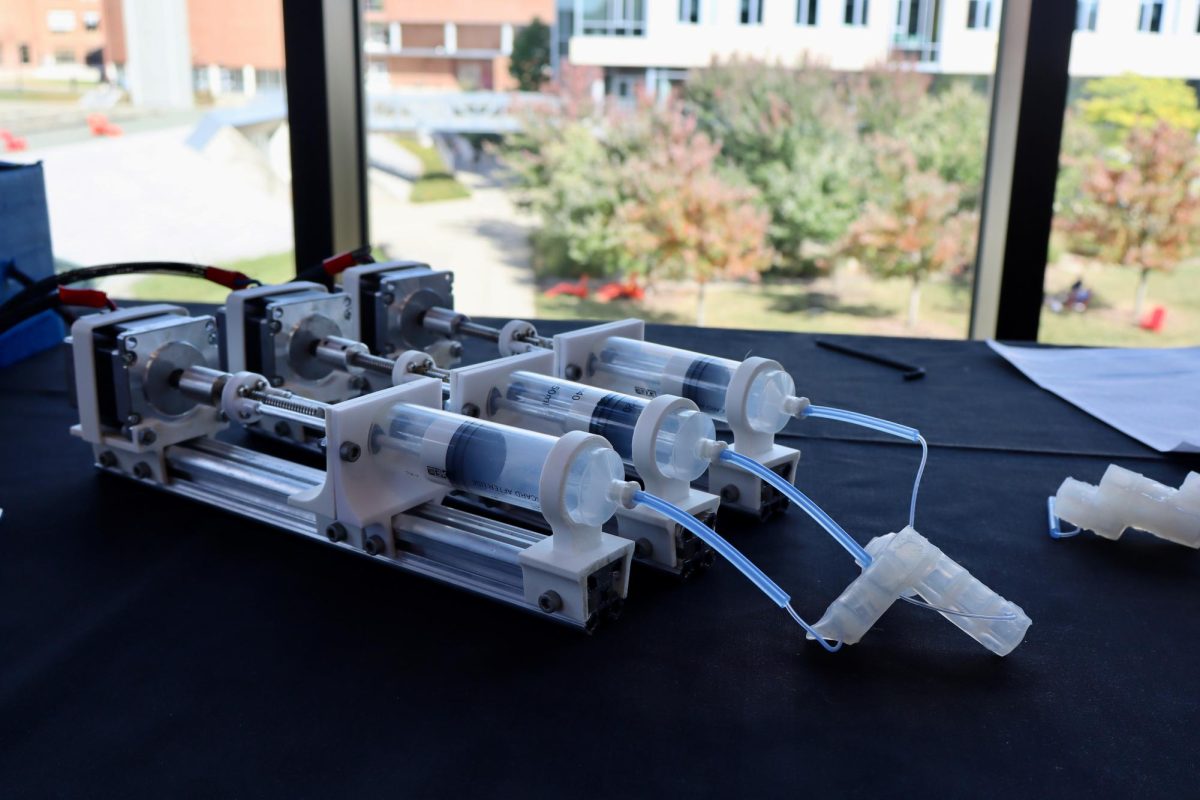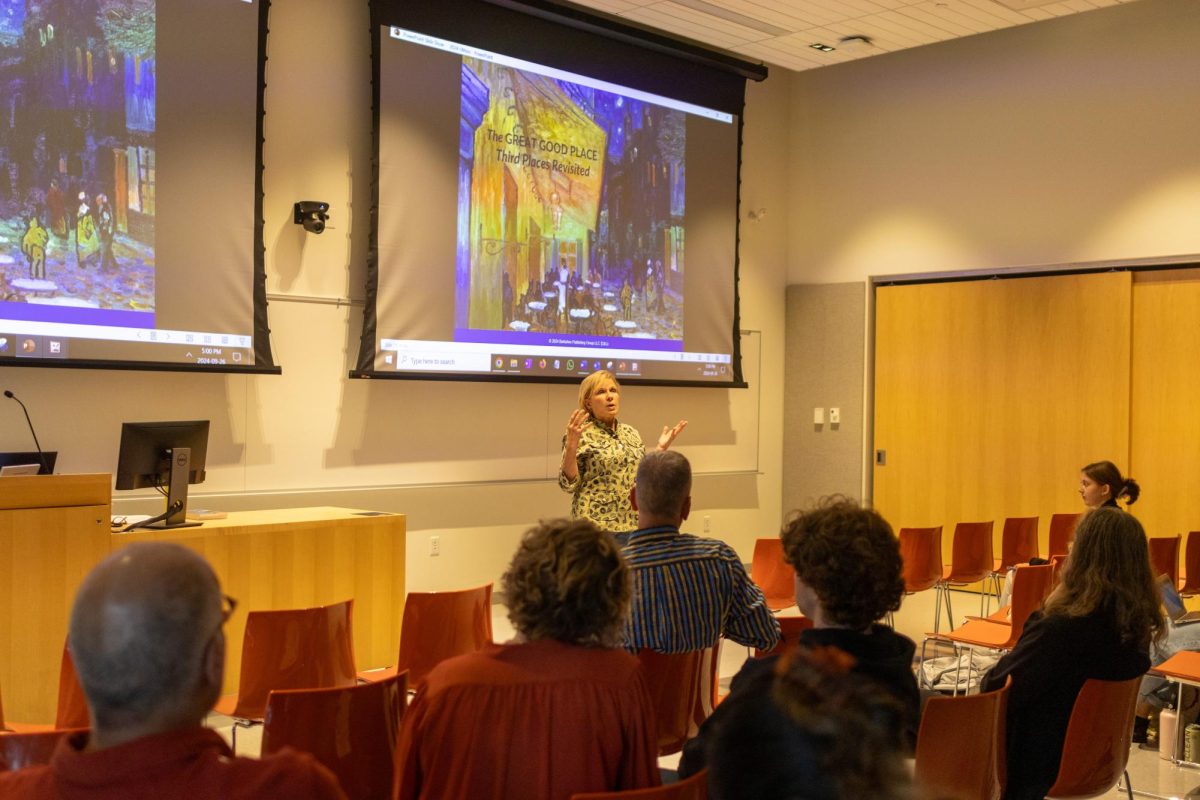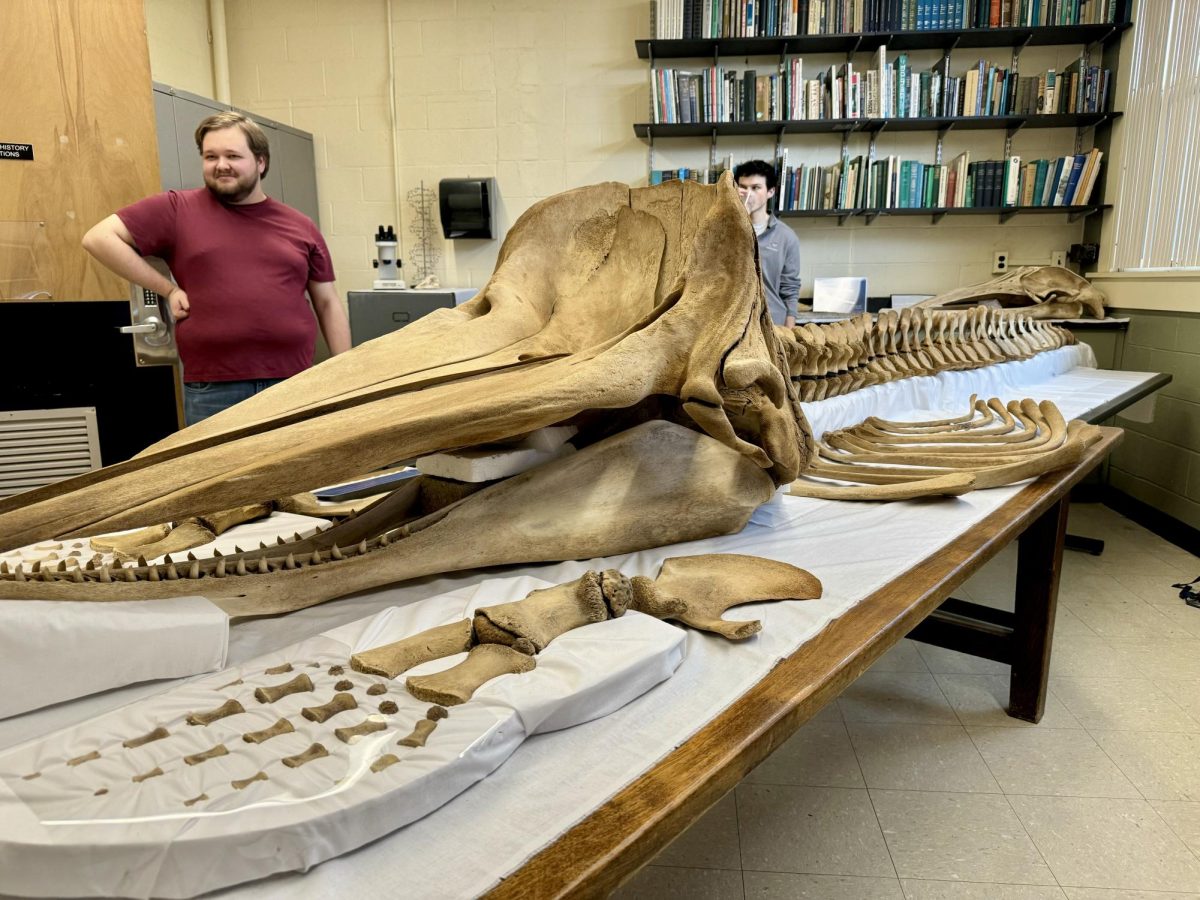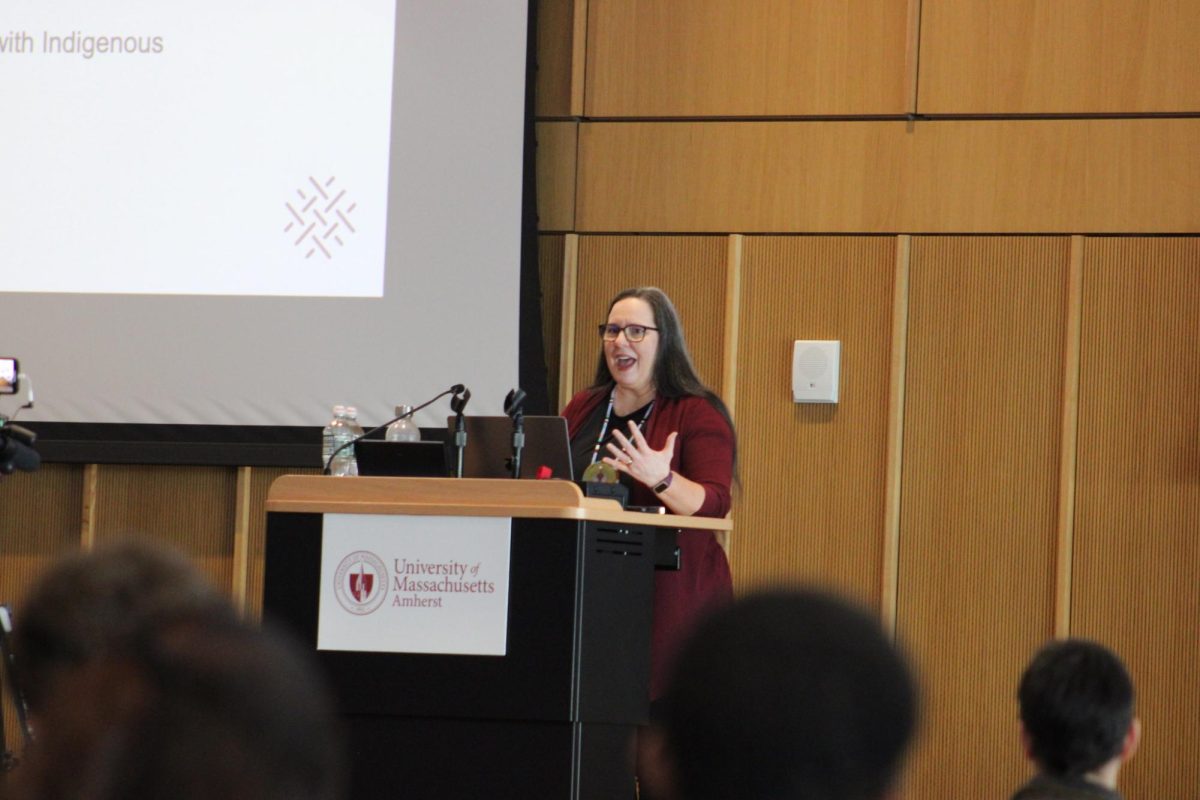Carey Clouse, an Assistant Professor of Architecture and Landscape Architecture at University of Massachusetts, has been awarded a Fulbright Flex Award to conduct research and prepare sustainable high-altitude agricultural systems for farming communities secluded in the Himalayan mountains.
This award is presented by the Fulbright Scholar Program from the U.S. Department of State to researchers who will be conducting projects in foreign countries while also sharing their knowledge of their field with that country’s students.
Clouse will be working in the rain-deprived regions of Zanskar and Ladakh, which are currently experiencing the consequences of climate change. According to the Centre for Science and Environment in India, these regions, which are home to various Himalayan glaciers, are experiencing a water shortage because the glaciers are shrinking at an alarming rate.
Zanskar and Ladakh are located in the northern Indian states of Jammu and Kashmir and do not get the annual Indian monsoon rains because the regions are shielded by the Himalayan Mountains. Extreme weather is now commonplace in Ladakh, which often not only has cases of drought, but also flash floods and winter snowfall.
The 14,000 residents of Zanskar experience an annual rainfall of only 100 mm and a normal winter temperature of -40 degrees Celcius. Only since the 1970s has the region become more self-sustaining in terms of agriculture. Before then, all goods had to be ordered in from outside sources.
According to a UMass news release, Clouse will be making the journey to Zanskar and Ladakh this year in order to study ways communities can change their farming methods so as to adapt to the changing weather patterns and the mountainous terrain. The local farmers have identified problem areas and have potential changes in mind. Clouse plans on assisting them in these endeavors to help institute a sustainable solution.
Clouse will work not only with other American professionals, but also with a team of people including a host of local officials and organizations, as well as various members of the local communities of Kumik and Leh
According to the release, Clouse hopes to establish a good relationship with the local communities and says she understands that they know the area and the issues at hand the best. Furthering the sustainable nature of the project, the team involves people of a variety of backgrounds and ages.
The regional agricultural office in Zanskar is currently exploring various solutions for improving the agricultural situation in the extreme environment. The initiative is being started in the regions of Zanskar and Ladakh, but it could someday be expanded to other Himalayan communities in similar situations.
Clouse said in the release, “I am thrilled to have the opportunity to work on this research in India. The collaborative framework and the design-build approach necessitates on-site work in this remote location. I hope this research will offer new insights into high-altitude growing and opportunistic design strategies that might make that agriculture more productive.”
Collaborative framework and the design-build approach necessitates on-site work in this remote location. I hope this research will offer new insights into high-altitudes, but also at Tulane University and the Yestermorrow Design Build School. Clouse is also a co-partner at a New Orleans-based architecture firm called Crooked Works. At UMass, Clouse focuses her teaching on courses concerning architecture and design with connections to environmentalism and social justice.
Aishwarya Vishwanath can be reached at [email protected].


















